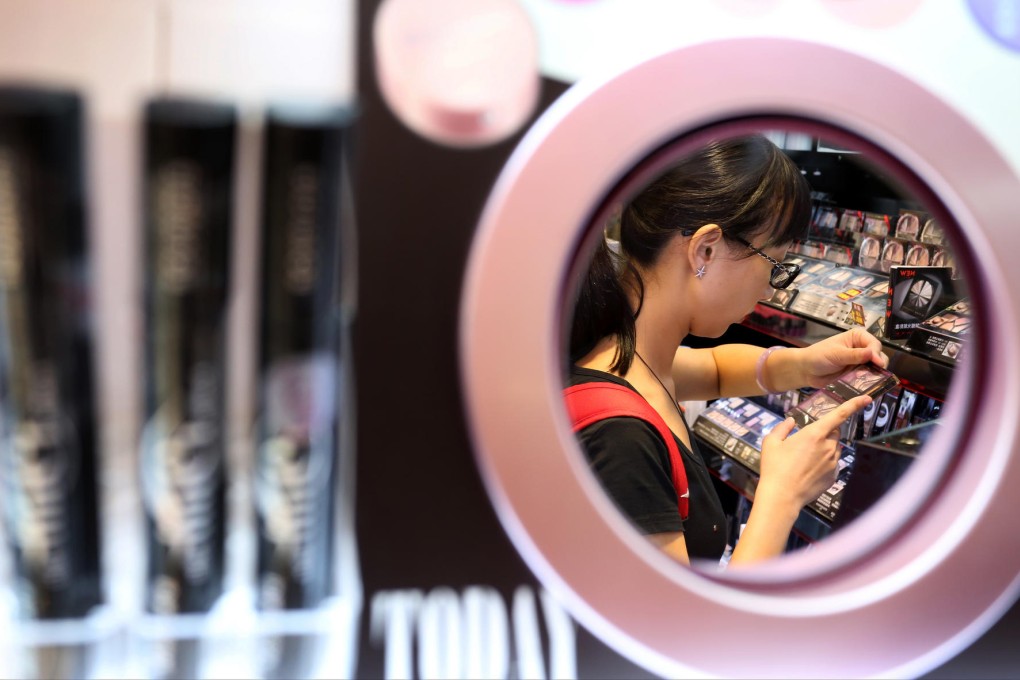Market for animal-tested cosmetics is thing of past
Companies would boost sales by going cruelty-free, say advocates; but they have to believe in the ethics behind it, warns marketing expert

With more customers expecting cosmetics to be cruelty-free, companies that ban animal testing can improve their corporate image and even boost sales, animal-rights advocates claim.

Lawmaker Gary Chan Hak-kan said animal welfare had become a growing concern in Hong Kong, and cosmetics companies that adopted cruelty-free policies would attract new customers.
The animal-rights campaigner and legislator for the Democratic Alliance for the Betterment and Progress of Hong Kong suggested the government should take a lead by inviting cosmetics companies to sign a "cruelty-free" pledge.
This could be followed by mandatory labelling to identify cosmetics which have been tested on animals. Eventually the city could impose a ban, as in the European Union.
He said new testing methods, such as the use of artificial skin and computer technology, were replacing animal testing. "I believe most cosmetics companies would not mind paying an extra bit of money for labelling, which is a relatively small amount compared to the extra profit they are likely to make after their corporate image is spruced up."
The Hong Kong-based Asia-Pacific branch of People for the Ethical Treatment of Animals echoed this view. "As awareness spreads, more and more consumers are in search of products that don't harm animals," the group said.